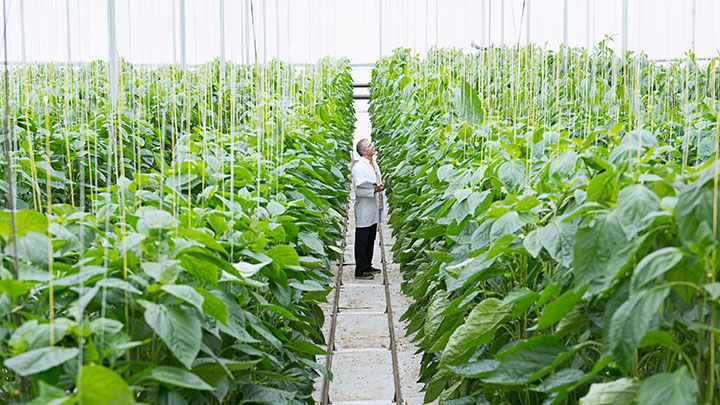Fighting period poverty through education and awareness

25 Jun 2025
Globally, millions are affected by period poverty – a lack of access to menstrual products, sanitation facilities and appropriate education for managing menstruation.
Disproportionately impacting girls and women, period poverty can lead to missed school days, increased health risks and social stigma. And while the issue affects people across high, medium and low income countries, it is particularly prevalent in Sub-Saharan Africa.
In Ghana, where period poverty is a serious concern, our local Minerals team organised a powerful initiative for World Menstrual Hygiene Day, which takes place each May to highlight the importance of good menstrual hygiene management.
Several members of our team visited a school in Samahu, the community where our Minerals laboratory is located, to present an informative session on menstrual health. The session, attended by girls and boys aged eight to 15, was designed to promote understanding and support among all students, helping to normalise conversations around menstruation.
The team also donated several large boxes of sanitary products. Some were distributed to the girls in attendance, while the rest were used to create a school pad bank for emergencies. This gesture was intended to ease the financial burden on local families and ensure continued access to essential hygiene products.
This initiative reflects Intertek’s ongoing commitment to community development and youth empowerment, as well as providing education and support where it is needed most.

